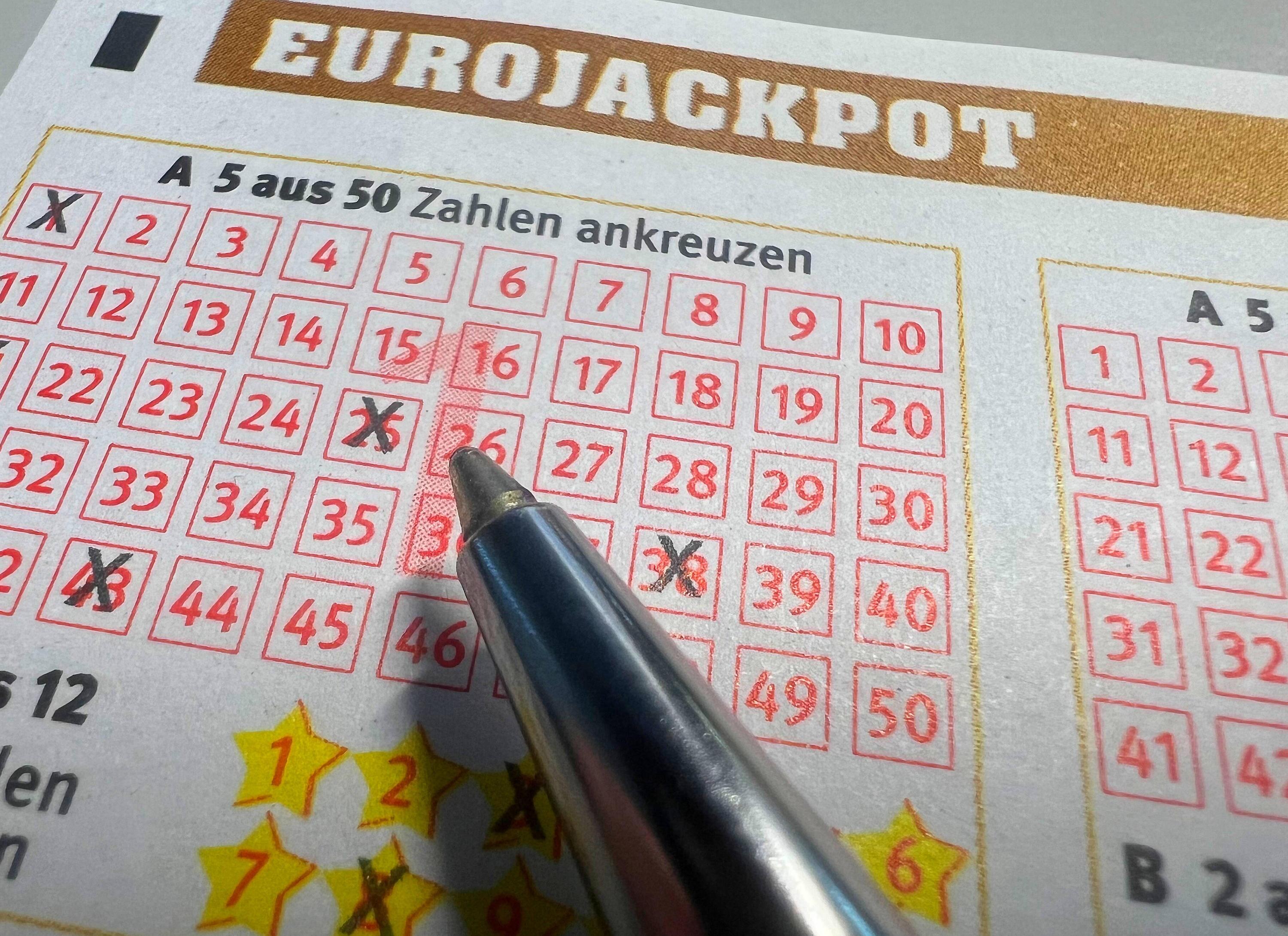Three Cases, One Trend: Examining John Roberts' Approach To Church-State Separation

Table of Contents
The Case of Town of Greece v. Galloway (2014): Legislative Prayer and the Establishment Clause
Town of Greece v. Galloway (2014) presented the Supreme Court with a central question: Does the practice of opening legislative sessions with prayer violate the Establishment Clause of the First Amendment, which prohibits government endorsement of religion? The case stemmed from a challenge to the Town of Greece, New York's practice of opening its town board meetings with predominantly Christian prayers.
Chief Justice Roberts, writing for the majority, held that the town's prayer practice did not violate the Establishment Clause. His opinion emphasized the historical context of legislative prayer in American governance, arguing that such prayers, even if predominantly from one faith, did not constitute government endorsement as long as they remained inclusive and did not actively proselytize.
- Specific aspects of the opinion: Roberts focused on the tradition of legislative prayer and the difficulty of establishing a strict standard for assessing the constitutionality of such practices. He emphasized that a government must not coerce participation in religious exercises.
- Criticisms and dissenting opinions: Justices in the dissenting opinions argued that the majority’s interpretation effectively sanctioned the exclusion of minority religions from participation and created a de facto endorsement of Christianity. They highlighted the lack of inclusivity in the town's prayer practice.
- Long-term consequences: Town of Greece significantly shaped the understanding of legislative prayer, setting a precedent for a more permissive approach to religious expression in government settings, though the debate about inclusivity and potential coercion remains a contested point.
Carson v. Makin (2022): Maine's Tuition Assistance Program and Religious Schools
Carson v. Makin (2022) centered on Maine's tuition assistance program, which allowed parents in areas without public secondary schools to send their children to private schools of their choice, but explicitly excluded schools that provided religious instruction. This case directly addressed the intersection of free exercise and state funding of religious institutions.
The Chief Justice, again writing for the majority, ruled that Maine's exclusion of religious schools from its tuition assistance program violated the Free Exercise Clause of the First Amendment. Roberts reasoned that excluding schools solely because of their religious character constituted discrimination based on religious belief. This decision highlighted the principle of religious neutrality in government funding.
- Key arguments: The majority argued that the state's program created a system that penalized parents for choosing religious schools for their children, thereby violating their free exercise rights. Dissenting justices countered that allowing public funding for religious schools would constitute an establishment of religion.
- Relationship to previous decisions: Carson built upon prior Supreme Court cases concerning school choice and religious freedom, expanding the scope of free exercise protections in the context of state funding.
- Future implications: This ruling has broad implications for state funding of religious education and similar programs, potentially leading to increased litigation concerning religious freedom and the separation of church and state issues at the local level.
Kennedy v. Bremerton School District (2022): Prayer, Public Schools, and the Free Exercise Clause
Kennedy v. Bremerton School District (2022) involved a high school football coach who engaged in personal, post-game prayers on the field, often with players joining him. The school district argued that the coach’s actions constituted impermissible government endorsement of religion, violating the Establishment Clause.
The Supreme Court, with Chief Justice Roberts writing the majority opinion, ruled in favor of the coach, emphasizing his right to free exercise under the First Amendment. The court emphasized that the coach’s prayers were private and not coercive, and that the school district's actions to prevent his prayers constituted an infringement on his religious freedom.
- Analysis of the court's reasoning: The court distinguished the coach's private, post-game prayer from a school-sponsored religious activity. This analysis differed from previous interpretations of the free exercise clause, where the context of the religious practice within a public school setting has been considered carefully.
- Impact on public school policies: This ruling could significantly impact public school policies concerning religious expression by school staff and students, particularly in situations involving private prayer or religious expression outside of school-sponsored events.
- Comparison with other cases: While seemingly aligning with the expansion of religious freedom seen in Carson, Kennedy presents a nuanced case, showcasing a more cautious application of the free exercise clause, focusing on whether the religious activity is truly private and non-coercive within a school setting. A key difference from Town of Greece lies in the absence of direct government sponsorship in Kennedy.
Analyzing the Trend in Chief Justice Roberts' Approach to Church-State Separation
The three cases discussed reveal a discernible trend in Chief Justice Roberts’ approach to church-state separation. While he doesn't appear to be dismantling the separation entirely, his decisions consistently demonstrate a broader interpretation of religious freedom, particularly the Free Exercise Clause, often prioritizing individual religious expression over concerns about potential violations of the Establishment Clause. This trend manifests in a more permissive stance towards religious practices in public spheres than seen in preceding Supreme Court eras. The implications of this approach remain a topic of considerable debate. The ongoing complexity of balancing individual religious liberty with the principle of government neutrality necessitates continued discussion and critical analysis.
It is crucial to understand the nuances of these Supreme Court rulings on religious freedom and the ongoing debate surrounding church and state issues. We urge readers to further research John Roberts' decisions on church-state separation and engage in informed discussions about the implications of these rulings for the future of religious freedom and the separation of church and state in America. Understanding these Supreme Court rulings on religious freedom is crucial for informed participation in the ongoing national conversation surrounding church and state issues.

Featured Posts
-
 Assist The National Weather Service Report Your Storm Damage In Tulsa
May 03, 2025
Assist The National Weather Service Report Your Storm Damage In Tulsa
May 03, 2025 -
 Gewinnzahlen Lotto 6aus49 Vom 12 April 2025 Jetzt Ueberpruefen
May 03, 2025
Gewinnzahlen Lotto 6aus49 Vom 12 April 2025 Jetzt Ueberpruefen
May 03, 2025 -
 Riot Fest 2025 Lineup Green Day Blink 182 And Weird Al Yankovic Announced
May 03, 2025
Riot Fest 2025 Lineup Green Day Blink 182 And Weird Al Yankovic Announced
May 03, 2025 -
 Exploring Solutions To Ghanas Mental Health Crisis Addressing The Psychiatrist Shortage
May 03, 2025
Exploring Solutions To Ghanas Mental Health Crisis Addressing The Psychiatrist Shortage
May 03, 2025 -
 Is That Really Christina Aguilera New Pictures Fuel Photoshopping Debate
May 03, 2025
Is That Really Christina Aguilera New Pictures Fuel Photoshopping Debate
May 03, 2025
